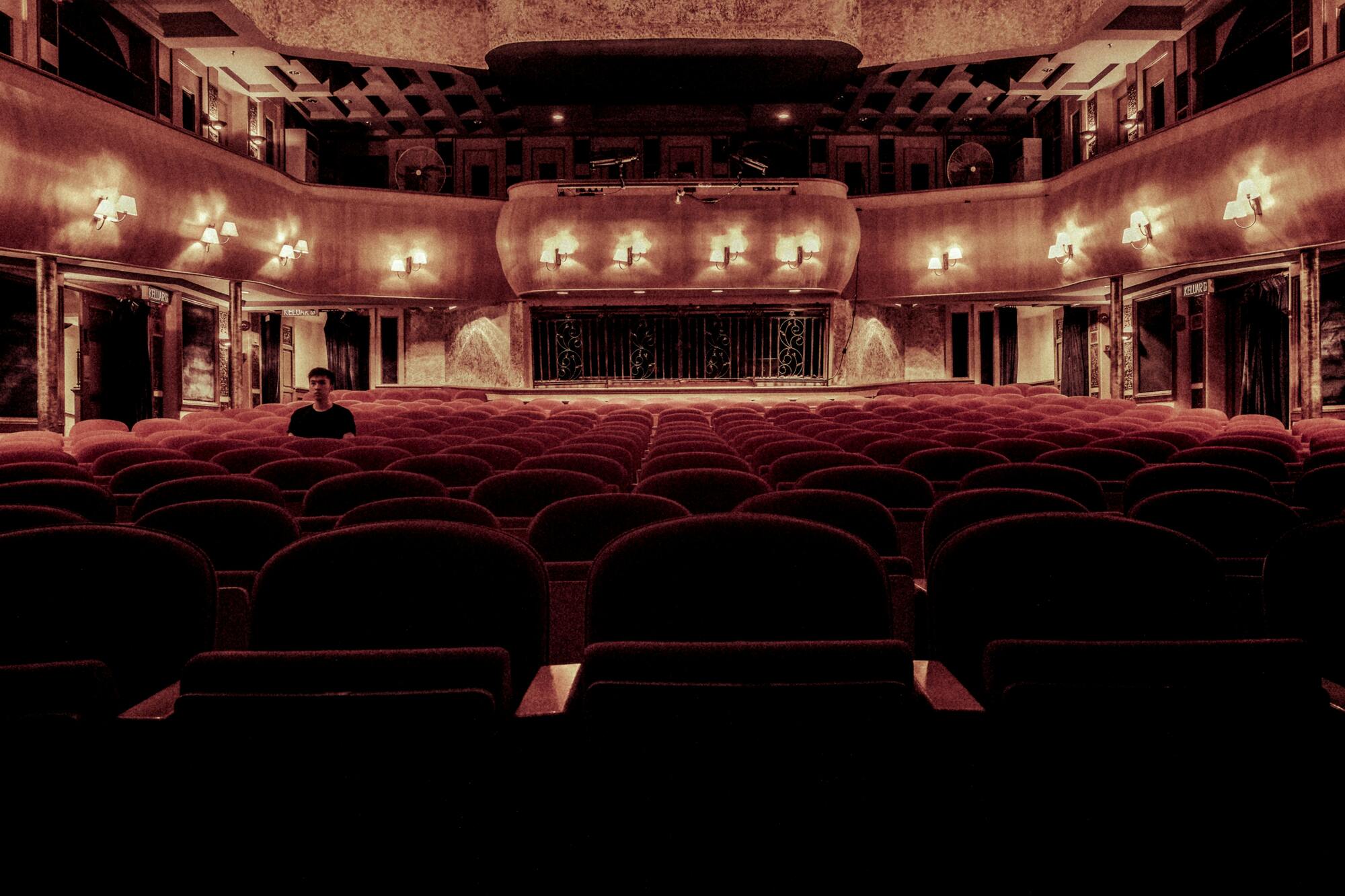
Wo ansehen The Cave of Hercules in Deutschland
Despite seeing his film project HERCULES rejected by DEFA Studios in 1983-84, Dammbeck remained fascinated by the Hercules story. He started experimenting with different media combinations, using overpainting, photography, film clips, collage, painting, and movement. These experiments resulted in groundbreaking multimedia collaborations, as well as the film THE CAVE OF HERCULES, in which Dammbeck explores a series of questions inspired by this classical figure. Who was the legendary hero Hercules? Is there a new Hercules today? How are heroes created in a totalitarian society? What are the virtues of heroes? This multi-layered experimental film combines projections of collected film clips, quotations from “The Willful Child” by the Brothers Grimm, and “Hercules 2 or the Hydra” by Heiner Müller, as well as dance scenes with Eva Schmale that were performed – at Kampnagel in Hamburg – specifically for the film.
Sehen Sie "The Cave of Hercules" jetzt auf GuideDoc und entdecken Sie noch mehr Möglichkeiten, in Ihre Lieblings-film mit dem ultimativen Streaming-Guide von Popcorn Time einzutauchen.
The Cave of Hercules belegt heute Platz #50821 in den Popcorn Time Streaming Charts in Deutschland. Der Film hat seit gestern um 5 Plätze verloren.

Das Bewertungssystem von Popcorn Time berechnet die Beliebtheit durch die Kombination von Daten aus mehreren vertrauenswürdigen Quellen, einschließlich Streaming-Plattformen, Peer-to-Peer-Trends und globalen Datenbanken.
Unser Algorithmus passt die Rankings dynamisch an, basierend darauf, wie Inhalte auf verschiedenen Plattformen, in verschiedenen Regionen und Zeitrahmen abschneiden. Jeder Film oder jede Serie wird anhand einer Kombination aus globaler Position, regionaler Beliebtheit und historischer Leistung bewertet. Dies gewährleistet eine faire, genaue und ständig aktualisierte Darstellung dessen, was gerade in Deutschland im Trend liegt.
Erkunde noch mehr Streaming-Optionen für The Cave of Hercules!
Entdecken Sie, wie Sie The Cave of Hercules auf verschiedenen Plattformen und in mehreren Ländern ansehen können! Egal, ob Sie zu Hause sind oder im Ausland reisen, es war noch nie einfacher, herauszufinden, wo Sie legal streamen können. Von , The Cave of Hercules ist auf führenden Diensten wie verfügbar. In 3 weiteren Ländern verfügbar, können Sie maßgeschneiderte Streaming-Optionen erkunden, die den lokalen Lizenzbestimmungen entsprechen und ein problemloses und legales Seherlebnis gewährleisten.
Mehr Infos
- Laufzeit
- 45 Minuten
- Veröffentlicht
- Ursprungsland
- Deutschland
- Sprachen
- de
- Untertitel
- ca, en
Ähnlich wie The Cave of Hercules

Film
In early summer 1989, Helke Misselwitz portrays young musicians in a band who produce their music on other people’s waste items. The four boys call themselves "Bulk Rubbish" and they drum out their resentment, having grown up on the new housing estates of East Berlin. A straight-up picture of the GDR youth is presented here, which in no way conforms to the official image. The film crew concentrates on the observation of the boy Enrico and his mother Erika: when the mother marries in the West, her son decides to stay in East Berlin, bidding her farewell at the border-crossing. Only shortly after, the tables are turned again: as the events in Berlin leading up to the fall of the Wall are practically captured live from the film crew, Enrico insists on maintaining his cultural identity, even after the fall of the Wall. The "Bulk Rubbish" musicians want to remain citizens of their own state and perceive the looming reunification with scepticism.
Bulky Trash (1991 )

Film
The film explores what transformations in power and politics do to art, how much opportunism can be found in “pure” art and whether fascist symbols can ever regain their aesthetic innocence. The questions it addresses about the relationship between ethics and aesthetics make a valuable contribution to any discussion about art and power.
Time of the Gods (1992 )

Film
Revolution and resignation within the changes at the end of the GDR.
In Transit: Report for Posterity (1990 )







